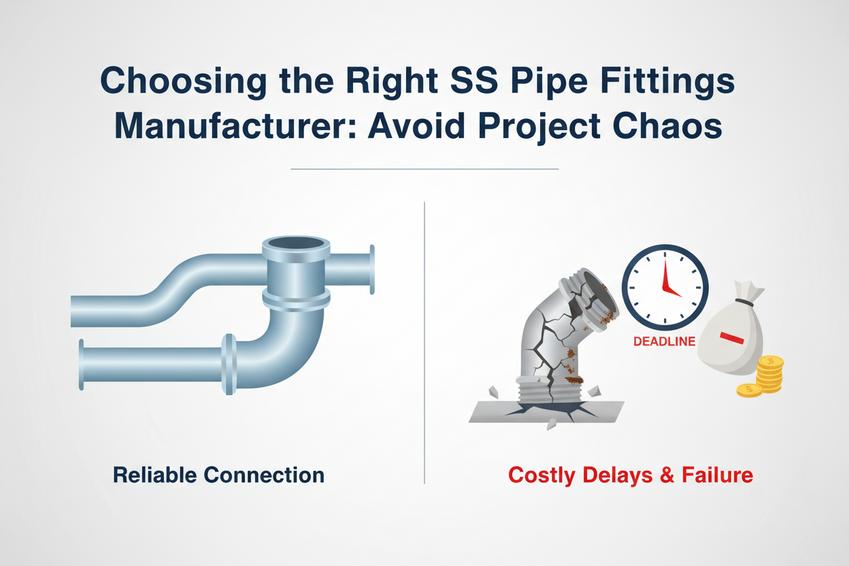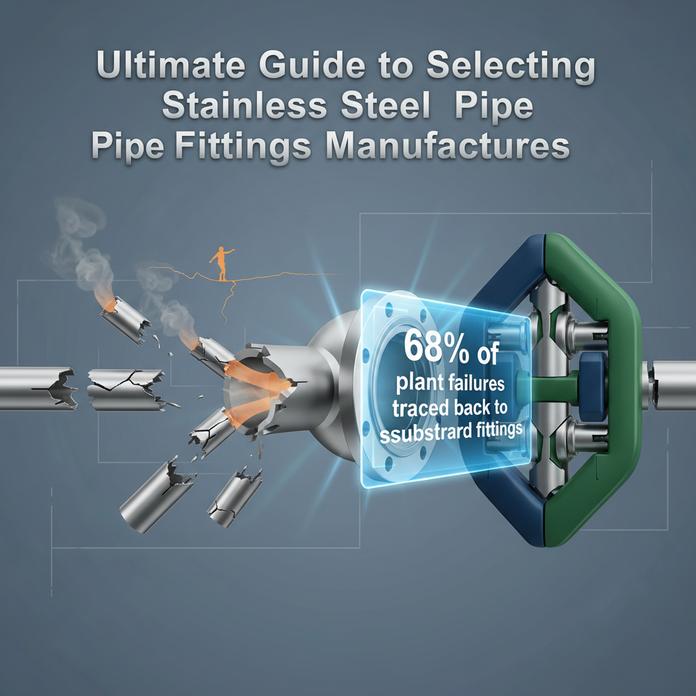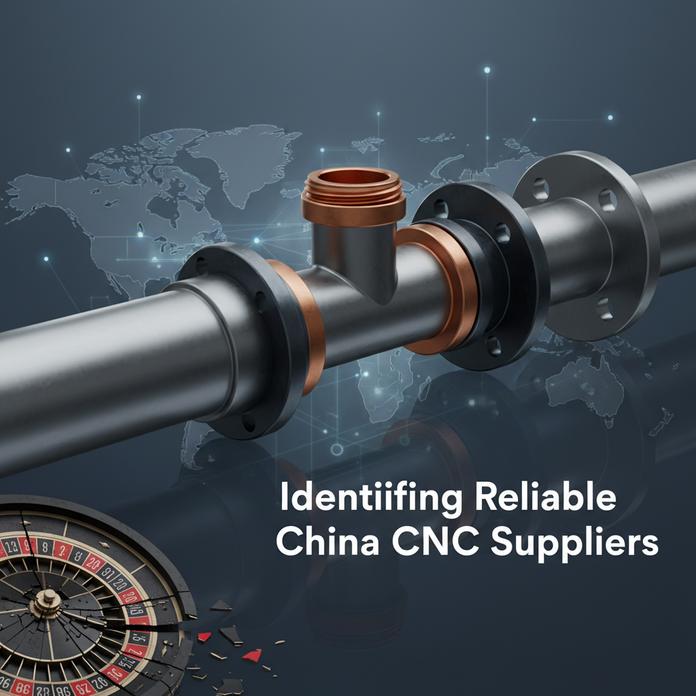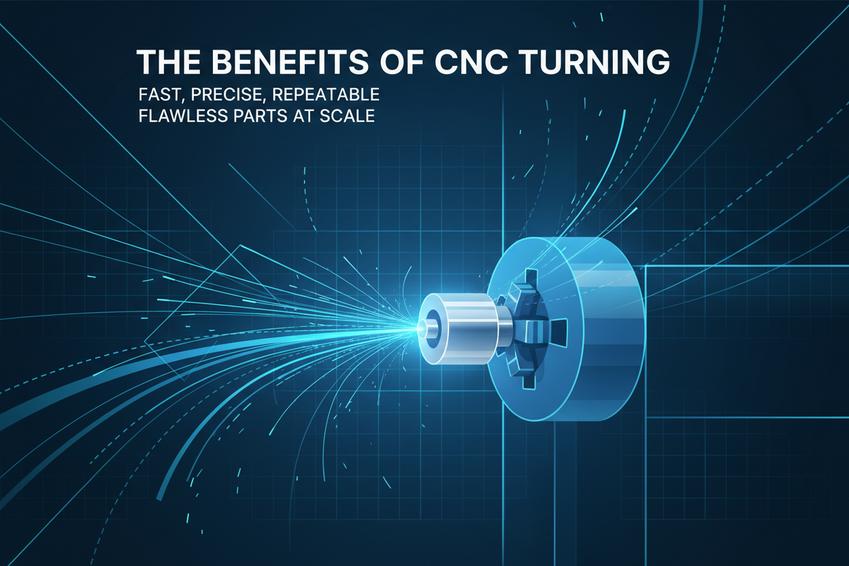Importan detail notice to purchase hexagonal nuts
hexagonal nuts, is one metal parts belong to fasteners,It can be use carbon steel , stainless steel , brass ,aluminum material based on your demand to design .
It widely used acrorss various industries , especially in situations where two or more cnc components need to be securely connected. They are typically used together with bolts to provide fastening, and can be found in applications ranging from automotive manufacturing to bridges, building structures, and even everyday furniture assembly.
Mechanical Manufacturing: In fields such as automotive, aerospace, and equipment production, nuts are key components for joining parts.
Construction: Nuts are used to connect steel beams, structural components, and to secure equipment and pipelines.
Furniture Assembly: Many types of furniture, including tables, chairs, and cabinets, require nuts and bolts to connect different parts.
Everyday Maintenance: Nuts are essential for the repair and assembly of many household appliances and devices.
Key Considerations When Purchasing hexagonal nuts
When selecting nuts for any mechanical, construction, or industrial application, several critical factors must be carefully considered to ensure proper fit, performance, and durability.
1. Size and Specifications
-
Inner and Outer Diameter: Make sure the hex nut’s inner diameter matches the outer diameter of the bolt or stud it will secure. An improper fit can lead to loosening or damage.
-
Thread Type and Pitch: Verify the thread type (metric, imperial, T-thread, etc.) and thread pitch to ensure compatibility with the corresponding bolt. Using mismatched threads can compromise the fastening strength and safety.
2. Material
-
Choose materials that suit the operating environment, such as resistance to corrosion, wear, and high temperatures.
-
Common materials include stainless steel (304, 316), carbon steel, alloy steel, brass, and copper.
-
For harsh or outdoor environments, consider corrosion-resistant finishes like galvanization, zinc plating, or passivation.
3. Strength Grade
-
Nuts are often rated by strength grade to indicate the maximum load they can withstand.
-
Select a grade appropriate for your application, especially for structural, automotive, or heavy machinery uses, to ensure reliable fastening under stress or vibration.
4. Quality and Compatibility
-
Inspect the nut for defects such as burrs, cracks, oxidation, or uneven threads before purchase.
-
Ensure the selected nut fits snugly with its matching bolt, avoiding issues like cross-threading, binding, or loosening during operation.
5. Type of Nut
-
Depending on the application, choose the appropriate type:
-
hexagonal nuts: The most common for general applications.
-
Wing nuts: Ideal for hand-tightened connections without tools.
-
Cap nuts: Used for aesthetic finishes or to protect exposed threads.
-
Each type is designed for specific use cases, so understanding the requirements of your assembly is crucial
Standard vs. Custom Hex Nuts: Materials and Thread Options
Most customers today can easily find standard hexagonal nuts on the market, typically made from either carbon steel or stainless steel. The common carbon steel grades include 1020 and 1045, while stainless steel nuts are usually produced in 201, 304, or 316 grades. In terms of threading, most hex nuts are available only in metric and UNC/UNF imperial standards. If a project requires non-standard or special threads, then custom machining becomes necessary.
At Yuhuan Hongqian Machinery Co., Ltd., we specialize in custom CNC turned parts, including non-standard nuts that cannot be sourced off the shelf. Hex nuts made from brass or aluminum are rarely sold as finished products in the market; these materials almost always require custom-made CNC machining to meet specific application needs. With our extensive manufacturing experience, we can produce precision nuts tailored to your exact specifications.
Qulity of the standdard and custom hex nuts
When you purchase standard hex nuts from the market, they generally function well as long as the material meets your requirements. However, the appearance often comes with minor imperfections, as mass-produced commercial nuts are designed primarily for functionality and low cost, not premium finishing. To stay competitive, suppliers typically reduce production expenses, which means the thread accuracy is usually at the lowest acceptable tolerance, and occasional defective threads may occur.
For stainless steel hex nuts, quality tends to be more stable. But for carbon steel hexagonal nuts, the electroplated coating is often very thin, resulting in weaker corrosion resistance—a common issue with low-cost market-grade fasteners.
If you only need a small quantity, standard nuts are usually the most economical option. But for larger volumes, custom machining becomes far more beneficial. With custom production, you can request better surface finishing, tighter thread tolerance, improved plating thickness, and full control over every detail to match your application requirements.
Conclusion
Hex nuts may seem like simple components, but their quality directly affects the safety and stability of any mechanical or structural assembly. Standard market nuts are convenient and cost-effective for everyday use, yet their appearance, tolerance, and coating quality often vary. For industries that require higher precision—such as automotive, equipment manufacturing, plumbing systems, or custom pipe fittings—custom-machined nuts offer far greater reliability and consistency.





